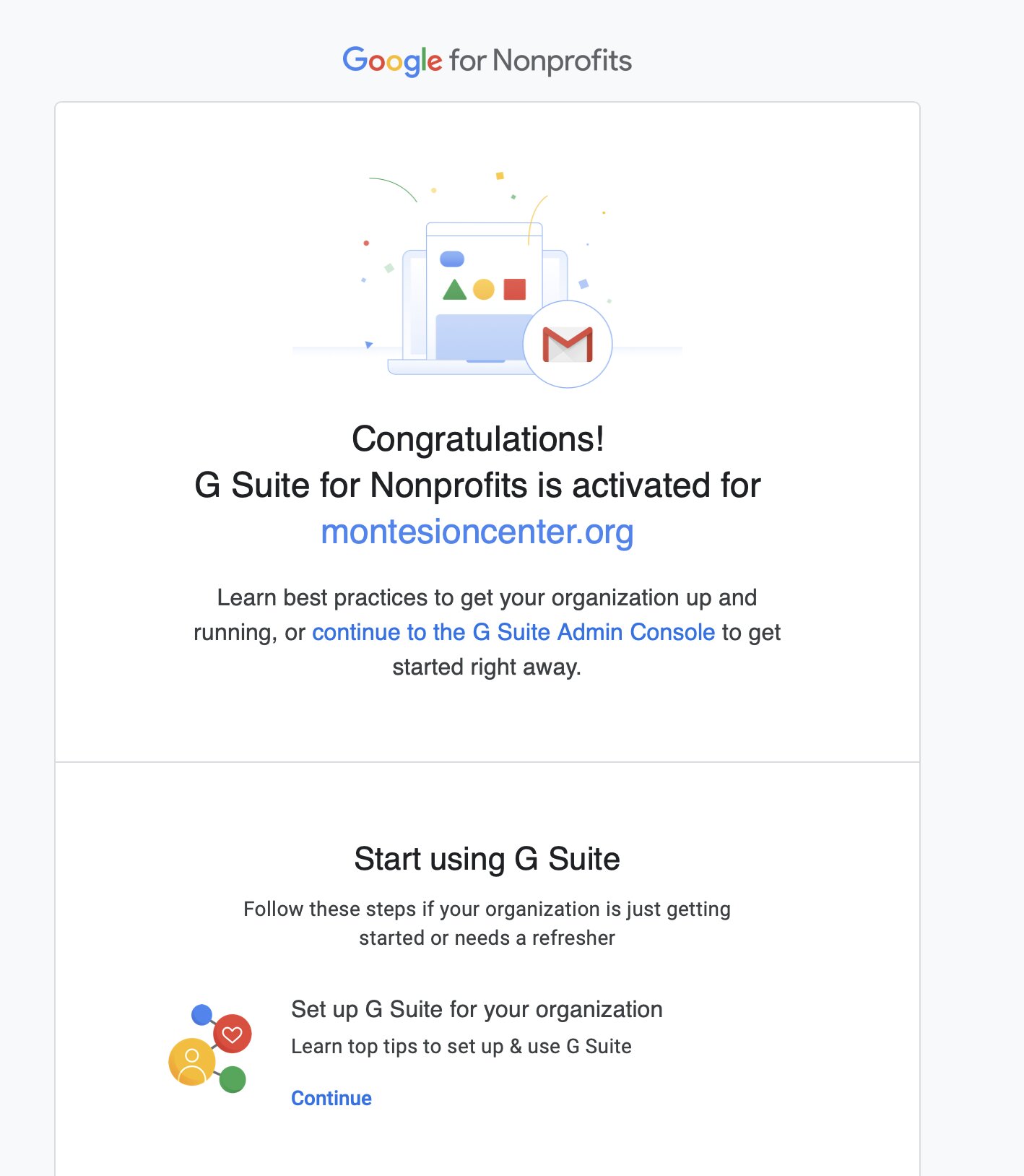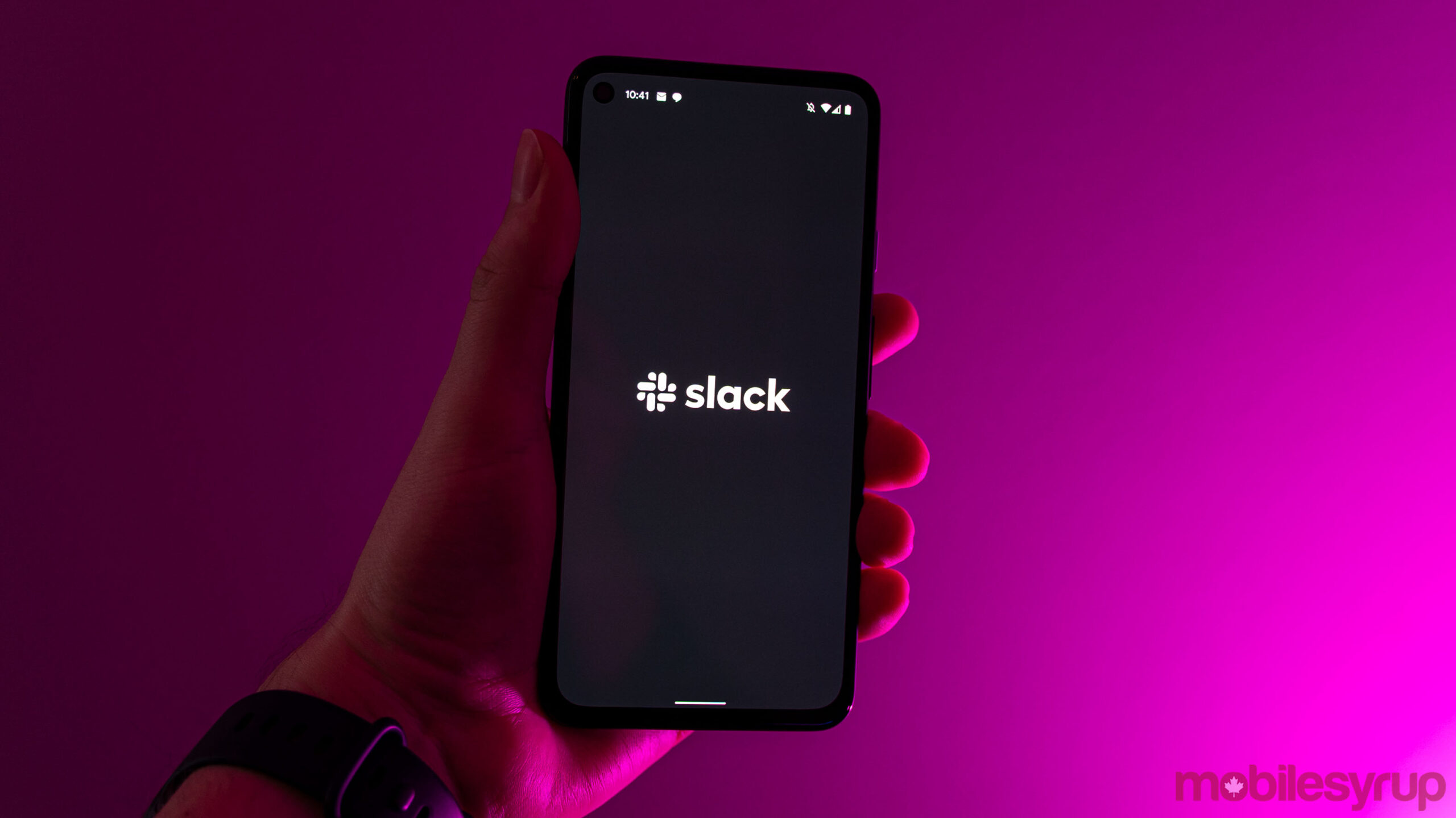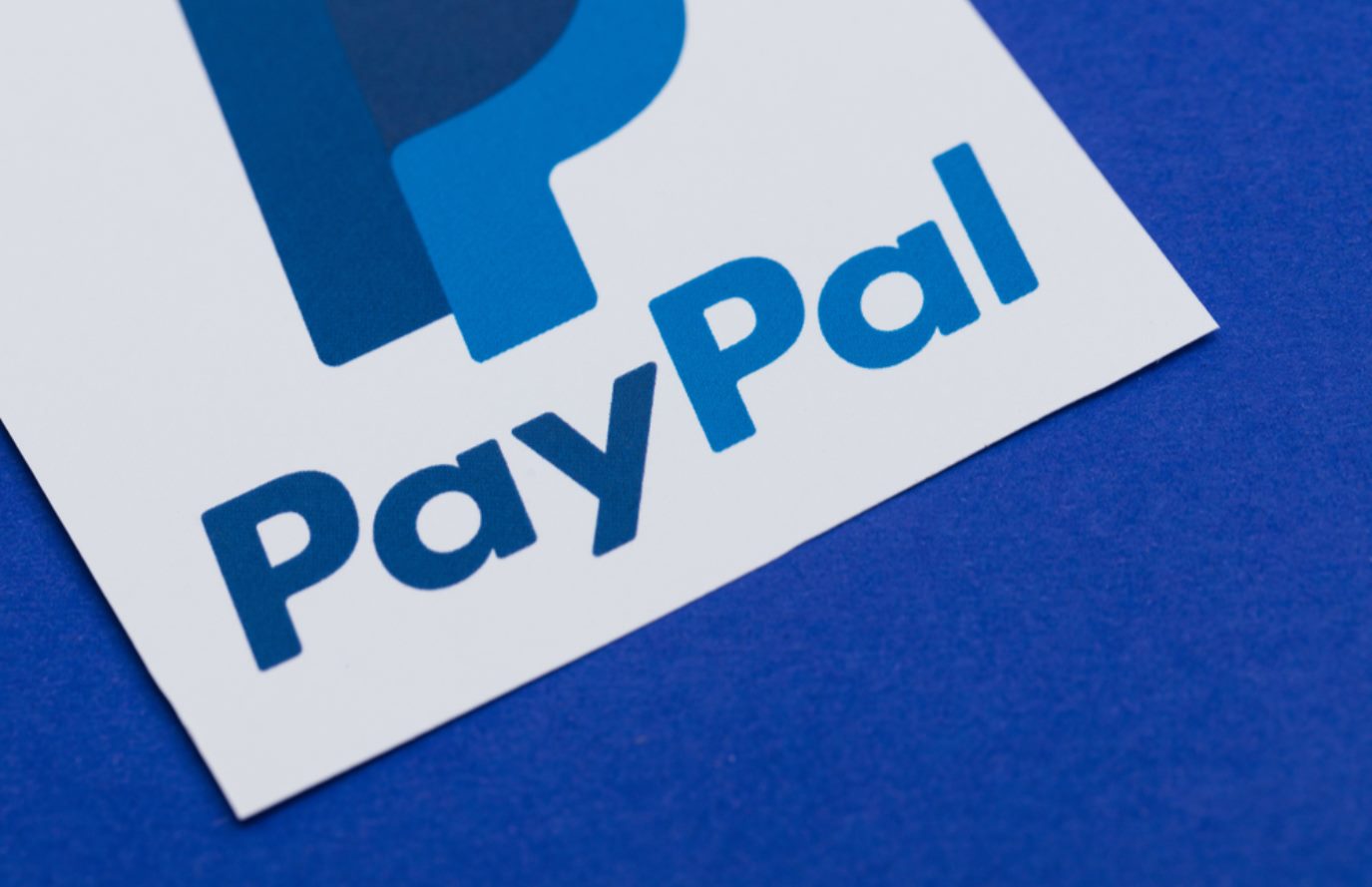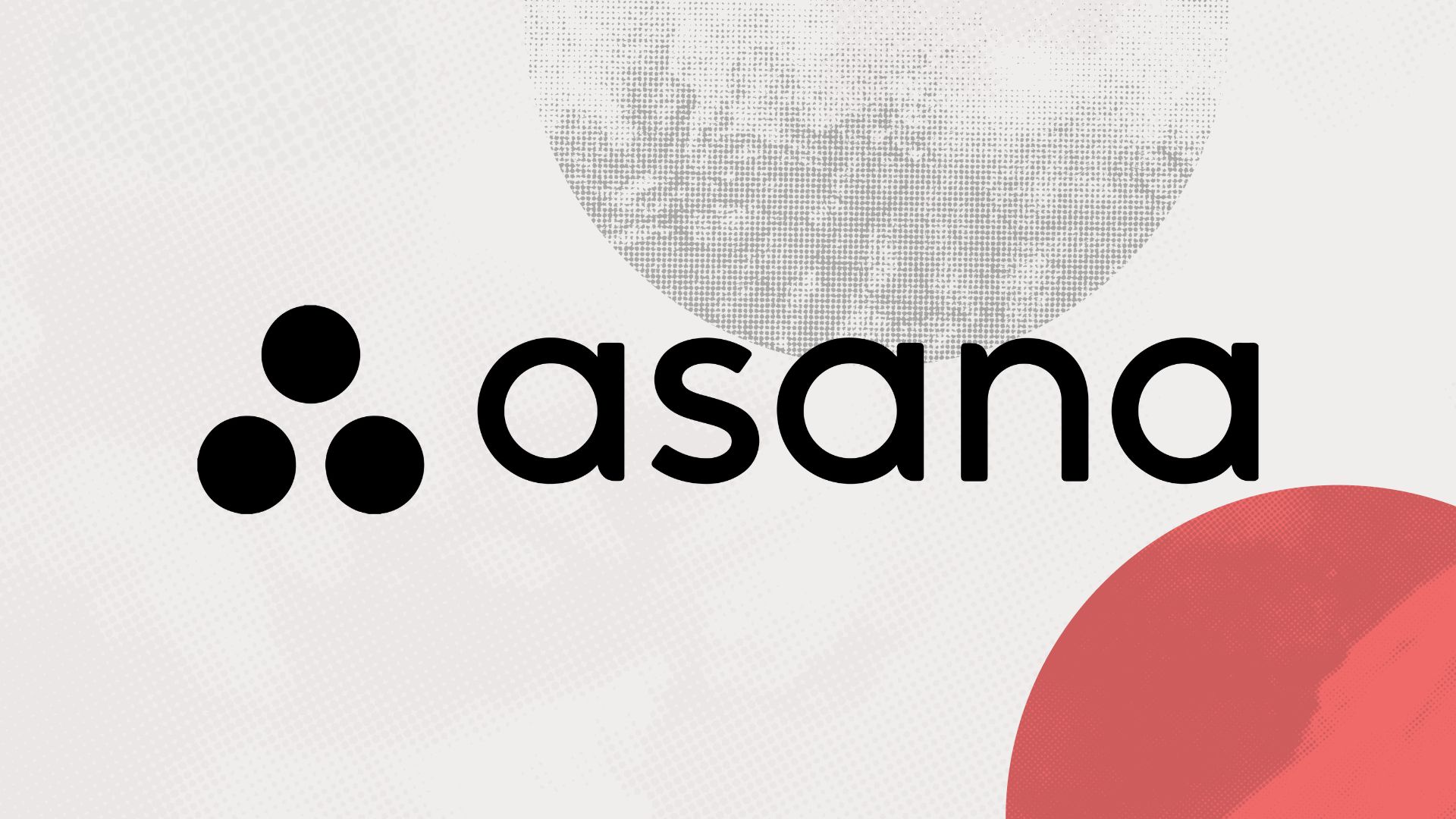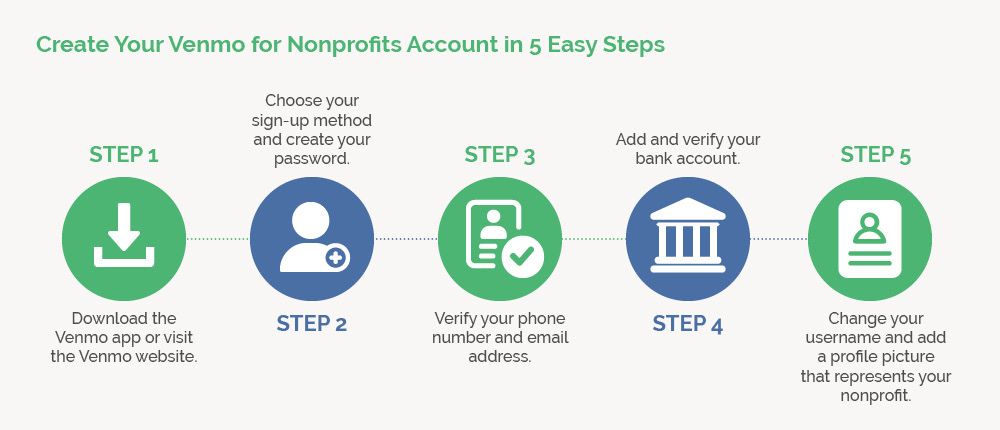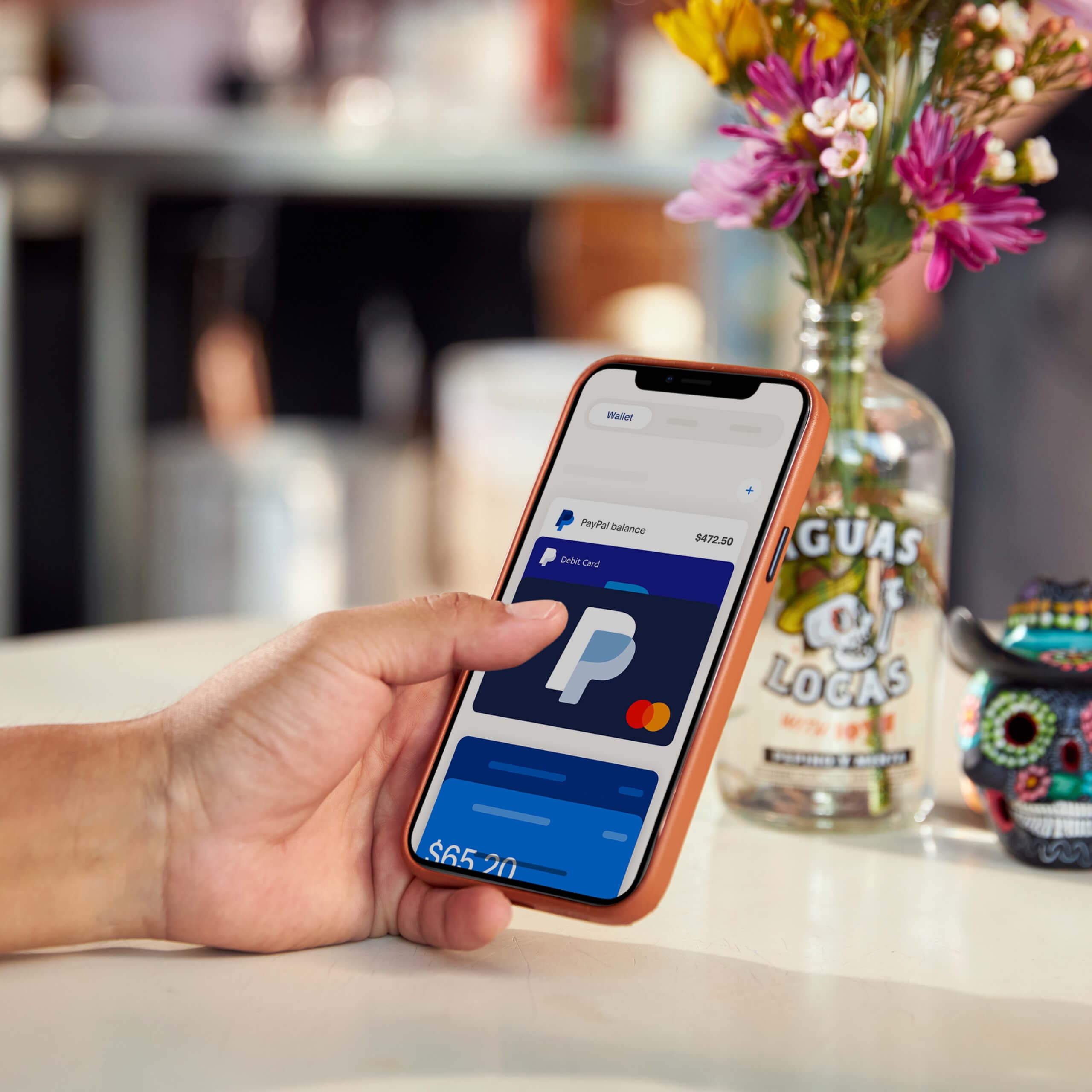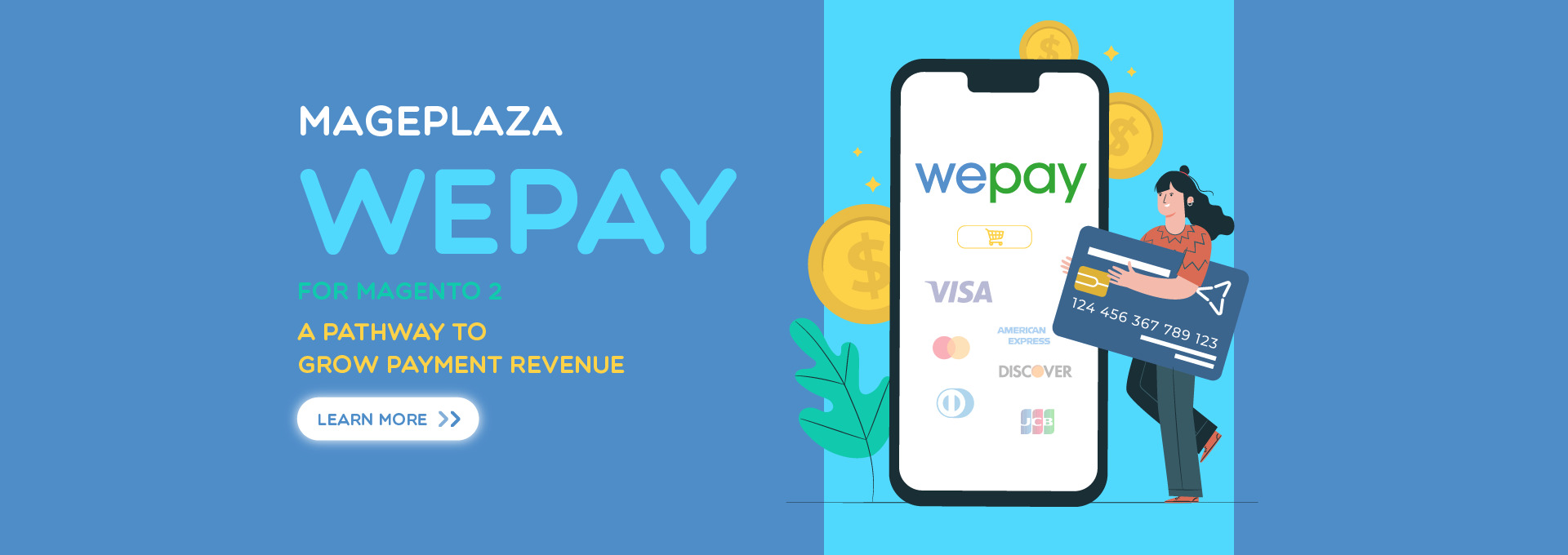Introduction
As the digital landscape continues to evolve, organizations and businesses are increasingly relying on online tools and platforms to streamline operations and enhance productivity. One such tool that has become indispensable for many is Google Workspace. Originally known as G Suite, Google Workspace offers a suite of cloud-based collaboration and productivity tools designed to help teams work together seamlessly.
Google Workspace is a versatile solution that caters to the needs of various sectors, including businesses, educational institutions, and even nonprofit organizations. In this article, we will explore Google Workspace for nonprofits and the numerous benefits it offers.
Nonprofit organizations play a crucial role in addressing societal issues and making a positive impact on the world. However, these organizations often face budget constraints and limited resources, making it challenging to streamline internal processes and collaborate effectively.
Google Workspace for nonprofits aims to bridge this gap by providing a powerful set of tools that can enhance productivity, facilitate collaboration, and simplify communication. By leveraging the features of Google Workspace, nonprofits can focus more on their mission and spend less time on administrative tasks.
In the following sections, we will delve into the key benefits of Google Workspace for nonprofits, explore the eligibility criteria and sign-up process, and highlight some of the essential features and collaboration tools this platform offers. Whether you are part of a small local nonprofit or a larger international organization, Google Workspace can revolutionize the way your team operates.
What is Google Workspace?
Google Workspace, formerly known as G Suite, is a cloud-based productivity suite that offers a wide range of tools and applications to help individuals and organizations collaborate effectively. It combines productivity tools, communication apps, and storage capabilities to streamline workflow and enhance productivity.
At its core, Google Workspace is built around the concept of cloud computing, which means that all your files, documents, and data are stored securely in the cloud rather than on a local device. This allows for easy access to your files from anywhere, as long as you have an internet connection.
One of the key advantages of Google Workspace is its seamless integration with other popular Google services, such as Gmail, Google Drive, Google Docs, and Google Calendar. These tools work together harmoniously, ensuring smooth communication, efficient collaboration, and easy file sharing.
Google Workspace provides a range of applications to meet the diverse needs of users. Some of the core applications include:
- Gmail: A powerful email service that offers advanced features, robust spam filtering, and custom email addresses with your own domain.
- Google Drive: A cloud storage service that allows you to store, access, and share files securely. It offers generous storage space and advanced file organization features.
- Google Docs: A word processing application that enables real-time collaboration on documents, making it easy for multiple users to work on the same file simultaneously.
- Google Sheets: A spreadsheet application that allows for data analysis, calculations, and collaboration with team members.
- Google Slides: A presentation application that lets you create visually appealing slideshows, collaborate with others, and deliver professional presentations.
- Google Meet: A video conferencing and communication tool that enables remote collaboration and virtual meetings.
These are just a few examples of the applications available in Google Workspace. The suite also includes other useful tools such as Google Forms, Google Sites, and Google Keep, all designed to streamline your work and boost productivity.
Overall, Google Workspace provides a comprehensive and integrated solution that enhances collaboration, simplifies workflow, and improves productivity for individuals and organizations alike.
Google Workspace for Nonprofits
Google Workspace for nonprofits is a specialized offering from Google that caters to the unique needs of nonprofit organizations. It provides nonprofits with access to the powerful productivity tools and collaboration features of Google Workspace at no cost or at a heavily discounted rate.
Nonprofit organizations often operate with limited budgets and resources, making it challenging to invest in expensive software solutions. However, with Google Workspace for nonprofits, these organizations can access a suite of reliable and efficient tools to streamline their operations and boost their productivity, all while staying within their budget constraints.
By using Google Workspace for nonprofits, organizations can benefit from:
- Professional Email: Nonprofits can create and manage custom email accounts using their own domain name, giving them a more professional and credible online presence.
- Collaboration: With Google Workspace’s collaboration tools, nonprofit teams can work together more efficiently, whether it’s editing documents in real-time, holding virtual meetings, or managing projects using shared calendars.
- Efficient Communication: Google Workspace offers various communication tools, such as Gmail and Google Meet, enabling nonprofit teams to stay connected, hold virtual meetings, and manage discussions effectively.
- Secure Storage: Nonprofits can take advantage of Google Drive’s generous cloud storage space to store and share files securely. This eliminates the need for physical storage solutions and enhances data accessibility.
- Simplified Workflows: Google Workspace’s integration with various apps and services allows nonprofits to streamline their workflows, automate processes, and reduce administrative burdens.
In addition to these benefits, Google Workspace for nonprofits also includes additional features and resources specifically designed to support the needs of nonprofit organizations. These may include access to Google Ad Grants, which provides in-kind advertising to promote nonprofit initiatives, as well as access to nonprofit-specific training resources and support.
To be eligible for Google Workspace for nonprofits, organizations need to meet certain criteria defined by Google, such as holding recognized charitable status, operating for a charitable purpose, and complying with Google’s eligibility guidelines. Once approved, nonprofits can sign up for Google Workspace for nonprofits and start making use of its tools and resources to enhance their operations.
Google Workspace for nonprofits provides a transformative solution for nonprofit organizations, empowering them to optimize their workflows, collaborate effectively, and focus on making a positive impact on the communities they serve.
Benefits of Google Workspace for Nonprofits
Google Workspace offers a wide array of benefits specifically tailored for nonprofit organizations. By adopting Google Workspace, nonprofits can leverage its powerful tools and features to enhance their productivity, streamline their operations, and effectively carry out their mission. Here are some of the key benefits of using Google Workspace for nonprofits:
- Cost Savings: Nonprofits can access Google Workspace at no cost or at a heavily discounted rate, allowing them to save valuable resources that can be allocated towards their core mission and activities.
- Professional Image: Google Workspace enables nonprofits to create custom email accounts using their own domain name, presenting a more professional and credible image to stakeholders, donors, and the community at large.
- Collaboration and Communication: Google Workspace provides powerful collaboration and communication tools, such as Google Docs, Google Sheets, Google Slides, and Google Meet, enabling teams to work together efficiently and effectively, regardless of their physical location.
- Secure and Reliable Storage: Nonprofits can leverage Google Drive’s secure cloud storage to store and share files, reducing the need for physical storage solutions and ensuring that data is accessible to authorized team members from anywhere and at any time.
- Streamlined Workflows: Google Workspace integrates seamlessly with other Google services and third-party applications, allowing nonprofits to automate processes, streamline workflows, and reduce administrative burdens, freeing up valuable time and resources.
- Enhanced Productivity: With features like real-time collaboration, version control, and simultaneous editing, Google Workspace empowers nonprofits to work more efficiently and effectively, enabling them to accomplish more in less time.
- Access to Specialized Resources: Google Workspace for nonprofits often provides access to additional resources and programs specifically designed for nonprofit organizations, such as Google Ad Grants for in-kind advertising and training resources to assist in promoting their cause.
- Scalability and Flexibility: Google Workspace can cater to the needs of nonprofits of all sizes, from small local organizations to larger international nonprofits, with its scalable services and flexible plans.
By harnessing the power of Google Workspace, nonprofits can benefit from these features and advantages to maximize their impact, collaborate more effectively, and streamline their operations. It allows them to focus their resources and efforts on achieving their mission and making a positive difference in the world.
Eligibility and Sign Up Process
To qualify for Google Workspace for nonprofits, organizations need to meet specific eligibility criteria set by Google. While the criteria may differ slightly depending on the country or region, the general requirements include:
- Valid Nonprofit Status: Organizations must hold recognized charitable status or be registered as a nonprofit in their respective country.
- Charitable Purpose: Nonprofits must operate with a charitable purpose, such as promoting education, advancing social welfare, alleviating poverty, or supporting environmental causes.
- Compliance: Organizations must adhere to Google’s eligibility guidelines, which may include restrictions on the use of Google Workspace for commercial activities or political purposes.
Once an organization confirms its eligibility, it can proceed with the sign-up process for Google Workspace for nonprofits. The sign-up process typically involves the following steps:
- Visit the Google for Nonprofits website: Go to the Google for Nonprofits website for your country or region and navigate to the Google Workspace section.
- Confirm Eligibility: Review the eligibility criteria and ensure that your organization meets all the necessary requirements.
- Enroll in the Google for Nonprofits program: If your organization is not already enrolled in the Google for Nonprofits program, you will need to complete the enrollment process first. This may require providing documentation to verify your nonprofit status.
- Go to Google Workspace: Once your enrollment is approved, navigate to the Google Workspace section of the Google for Nonprofits program and click on the sign-up option.
- Provide Organization Details: Fill in the required information about your organization, including your nonprofit’s name, contact details, and website (if applicable).
- Agree to Terms and Conditions: Review and accept the terms and conditions of using Google Workspace for nonprofits.
- Verify Domain Ownership: Verify your ownership of the domain associated with your organization’s email addresses, typically by adding a provided verification code to your website or DNS records.
- Set Up Google Workspace: Follow the instructions provided to set up your Google Workspace account, including creating user accounts and customizing your organization’s email addresses.
It’s important to note that while Google Workspace for nonprofits is free or heavily discounted, certain additional features or services may incur additional costs. Nonprofits should review the available plans and options to ensure they select the appropriate solution that aligns with their needs and budget.
By completing the eligibility process and signing up for Google Workspace for nonprofits, organizations can unlock a comprehensive suite of productivity tools and collaboration features to enhance their operations and achieve their mission effectively.
Features of Google Workspace for Nonprofits
Google Workspace for nonprofits offers a rich set of features specifically designed to meet the unique needs of nonprofit organizations. By harnessing these features, nonprofits can enhance teamwork, streamline processes, and improve productivity. Here are some of the key features of Google Workspace for nonprofits:
- Custom Email Addresses: Nonprofits can create and manage custom email accounts using their own domain name, giving them a professional and cohesive email presence.
- Collaboration Tools: Google Workspace provides a range of collaboration tools, such as Google Docs, Sheets, Slides, and Forms, enabling real-time collaboration on documents, spreadsheets, presentations, and surveys. Multiple users can work on the same file simultaneously, improving teamwork and productivity.
- Shared Calendars: With shared calendars in Google Workspace, nonprofits can easily schedule and manage events, meetings, and deadlines. Team members can view and update calendars to stay organized and ensure everyone is on the same page.
- Video Conferencing: Nonprofits can host virtual meetings and conferences using Google Meet, which allows for high-quality video and audio calls with up to 250 participants. Features such as screen sharing and chat make collaboration seamless, even when team members are geographically dispersed.
- Cloud Storage and File Sharing: Google Drive provides nonprofits with secure and ample cloud storage to store and share files with team members and external stakeholders. Files can be accessed from anywhere, and permission settings ensure that data is shared securely and only with authorized individuals or groups.
- Mobile Accessibility: Google Workspace is accessible on various devices, including smartphones and tablets, allowing nonprofits to stay connected and collaborate on the go.
- Advanced Security: Google Workspace incorporates robust security measures to protect nonprofit data. This includes encryption, multi-factor authentication, and spam filtering to safeguard sensitive information and prevent unauthorized access.
- Integration with Third-Party Apps: Google Workspace integrates seamlessly with a wide range of third-party applications, enabling nonprofits to leverage additional tools to enhance their workflow and streamline processes.
- Support and Training: Google provides nonprofits with resources, training materials, and support channels to help them maximize their use of Google Workspace and troubleshoot any issues that may arise.
These features, among others, empower nonprofits to collaborate effectively, manage projects efficiently, and streamline their operations. By leveraging the power of Google Workspace, nonprofits can focus more on their mission and less on administrative tasks, ultimately making a greater impact in their communities and beyond.
Collaboration Tools in Google Workspace
Collaboration is essential for nonprofit organizations to work effectively and achieve their goals. Google Workspace offers a robust set of collaboration tools that enable teams to work together seamlessly, regardless of their location. These tools enhance productivity, facilitate communication, and foster a culture of collaboration. Here are some of the key collaboration tools available in Google Workspace:
- Google Docs: With Google Docs, multiple team members can collaborate on the same document simultaneously. They can view, edit, and comment in real time, making it easy to gather feedback and collaborate on written content, such as reports, proposals, and grant applications.
- Google Sheets: Google Sheets allows nonprofits to collaborate on spreadsheets, enabling team members to work on data analysis, budgeting, and project tracking together. Multiple users can make changes simultaneously, ensuring that everyone has access to the most up-to-date information.
- Google Slides: Nonprofits can create dynamic and engaging presentations using Google Slides. Team members can collaborate on slideshows, add comments, and provide feedback, streamlining the process of creating visually compelling presentations for meetings, conferences, and events.
- Google Forms: With Google Forms, nonprofits can create custom surveys, quizzes, and questionnaires to gather feedback, collect data, and conduct assessments. The responses are automatically captured in a Google Sheet, making it easy to analyze the data and gain insights.
- Shared Calendars: Google Workspace’s shared calendars allow nonprofits to schedule and manage meetings, events, and deadlines. Team members can view each other’s calendars, making it easier to coordinate and avoid scheduling conflicts.
- Google Sites: Google Sites enables nonprofits to create and publish websites, making it easy to share information, collaborate on content creation, and showcase their work to the public or specific stakeholders.
These collaboration tools are designed to simplify teamwork, improve efficiency, and enhance communication within nonprofit organizations. With real-time collaborative editing, version history tracking, and the ability to leave comments and suggestions, nonprofits can ensure that everyone is on the same page and contribute their input to projects and documents.
In addition to these core collaboration features, Google Workspace integrates seamlessly with other popular communication tools, such as Gmail and Google Meet. Gmail allows team members to communicate via email, while Google Meet provides video conferencing and online meeting capabilities, enabling nonprofits to connect virtually and collaborate face-to-face, no matter where they are located.
By leveraging these collaboration tools in Google Workspace, nonprofit organizations can improve their teamwork, enhance communication, and work more efficiently together towards their shared mission.
Storage and File Sharing with Google Drive
In the digital age, efficient storage and seamless file sharing are crucial for nonprofit organizations to collaborate effectively and manage their data securely. Google Workspace offers Google Drive, a powerful cloud-based storage platform, which provides nonprofits with ample storage space, easy accessibility, and robust file sharing capabilities.
Google Drive allows nonprofits to store files and documents securely in the cloud, eliminating the need for physical storage devices and providing a reliable backup solution. With Google Drive, nonprofits can enjoy generous storage quotas, ensuring they have sufficient space to store important documents, images, videos, and other media.
One of the significant advantages of Google Drive is the ability to access files from anywhere and on any device with an internet connection. This flexibility empowers nonprofit teams to work remotely, globally, and across time zones, making collaboration much smoother and more efficient.
Sharing files and folders with Google Drive is simple and customizable. Nonprofits can easily control file access privileges, making it straightforward to grant or restrict access to specific team members, external partners, or stakeholders. This ensures that sensitive information remains secure and that collaboration remains focused and purposeful.
Collaboration is further enhanced with Google Drive’s real-time editing capabilities. Multiple users can work on the same document simultaneously, making changes, leaving comments, and tracking revisions. This real-time collaboration streamlines the feedback process, reduces back-and-forth communication, and enables nonprofit teams to create polished and cohesive documents efficiently.
Google Drive also offers a variety of file organization features to help nonprofits stay organized. Nonprofits can create folders, subfolders, and nested folders to structure and categorize their files intuitively. Additionally, Google Drive utilizes intelligent search functionality, allowing teams to quickly locate files based on keywords, file types, and metadata.
With built-in compatibility to popular file formats, Google Drive eliminates compatibility issues and allows nonprofits to import files seamlessly. It supports documents, spreadsheets, presentations, images, videos, PDFs, and more. This versatility ensures that nonprofits can work with their existing files and collaborate without any barriers or conversion hassles.
Furthermore, Google Workspace integrates with other popular third-party applications, such as Trello, Slack, and CRM systems, allowing nonprofits to streamline workflows and improve productivity by accessing files directly from these platforms.
Overall, Google Drive provides nonprofit organizations with a reliable, secure, and user-friendly storage and file sharing solution. Its seamless collaboration features, ease of use, and accessibility make it an indispensable tool for nonprofits to store, organize, and share files efficiently, enabling them to focus on their mission rather than managing data.
Communication Tools in Google Workspace
Effective communication is vital for the success of nonprofit organizations. Google Workspace offers a range of communication tools that enable seamless and efficient communication among team members, volunteers, donors, and external stakeholders. These tools facilitate real-time collaboration, remote meetings, and streamlined communication workflows. Here are some of the key communication tools available in Google Workspace:
- Gmail: Gmail is a powerful and intuitive email platform that forms the foundation of communication in Google Workspace. Nonprofits can create custom email addresses using their own domain names, providing a professional and credible communication channel for internal and external stakeholders.
- Google Meet: Google Meet is a video conferencing and online meeting tool that allows nonprofits to connect face-to-face with team members, partners, donors, and volunteers no matter where they are located. With high-quality audio and video capabilities, screen sharing, and chat functions, Google Meet enables remote collaboration and fosters productive discussions.
- Google Chat: Google Chat is an instant messaging platform available within Google Workspace. Nonprofit teams can use Chat to exchange messages, share files, and collaborate in real-time. Chat supports both one-on-one conversations and group chats, enabling quick and efficient communication among team members.
- Shared Calendars: Google Workspace’s shared calendars allow nonprofits to schedule meetings, events, and deadlines, ensuring that everyone is aware of upcoming activities. Team members can view each other’s calendars, making it easier to coordinate schedules and avoid conflicts.
- Google Voice: Google Voice is a telecommunications service that provides nonprofits with a dedicated phone number for calling and texting. This allows nonprofits to maintain a professional phone presence and handle incoming and outgoing calls conveniently.
- Mailing Lists: Google Groups allows nonprofits to create mailing lists and discussion groups for efficient communication with specific teams, departments, or external stakeholders. This simplifies the process of sending announcements, updates, and newsletters to targeted groups.
These communication tools in Google Workspace empower nonprofits to communicate effectively, collaborate in real-time, and stay connected, regardless of geographical distances. Whether it’s exchanging emails, conducting virtual meetings, or sharing instant messages, nonprofits can foster collaboration, strengthen relationships, and ensure that everyone is aligned towards the common goals and objectives.
Moreover, Google Workspace’s communication tools integrate seamlessly with other productivity applications, enabling nonprofits to streamline their workflows and enhance productivity. For example, Gmail integrates with Google Calendar, Google Drive, and Google Meet, making it easy to schedule meetings, attach files, and join virtual meetings directly from emails. This integration further simplifies communication and enhances overall efficiency within the organization.
With these communication tools, nonprofits can optimize their internal and external communication processes, improve team collaboration, and cultivate stronger relationships with stakeholders, resulting in more effective and coordinated efforts towards achieving their mission.
Security and Privacy Measures in Google Workspace
Ensuring the security and privacy of data is of utmost importance for nonprofit organizations. Google Workspace incorporates robust security measures to safeguard nonprofit data and protect it from unauthorized access or breaches. Here are some essential security and privacy measures provided by Google Workspace:
- Encryption: Google Workspace employs strong encryption protocols to protect data both in transit and at rest. This ensures that communication and stored information remain secure and cannot be intercepted or accessed by unauthorized individuals.
- Multi-Factor Authentication (MFA): Nonprofits can enable MFA for their Google Workspace accounts, adding an extra layer of protection. By requiring users to provide additional verification, such as a passcode sent to their mobile device, MFA minimizes the risk of unauthorized access to accounts.
- Advanced Phishing and Spam Protection: Google Workspace includes powerful spam filters and advanced phishing protection. These measures help identify and prevent phishing attacks, malicious emails, and spam from reaching users’ inboxes, reducing the risk of falling victim to phishing scams or malware.
- Data Loss Prevention: Google Workspace provides data loss prevention (DLP) features that allow nonprofits to set up rules and policies to control the sharing of sensitive information. This prevents accidental or intentional data leaks by monitoring and blocking the transmission of certain types of data.
- Admin Controls: Google Workspace offers a robust set of administrative controls, allowing nonprofits to manage their users and access levels effectively. Admins can set permissions, define sharing settings, and control access to sensitive data, ensuring that data is accessible only by authorized individuals.
- Privacy Compliance: Google Workspace adheres to strict privacy standards and compliance regulations, such as GDPR (General Data Protection Regulation) and HIPAA (Health Insurance Portability and Accountability Act). Nonprofits can have peace of mind knowing that Google takes privacy seriously and prioritizes the protection of personal and sensitive data.
- Continuous Monitoring and Improvements: Google regularly monitors its infrastructure, systems, and applications to identify and address potential vulnerabilities or threats. They continually update and improve security measures to ensure the highest level of protection for nonprofit data.
Additionally, Google undergoes third-party audits and certifications, providing an additional layer of assurance regarding the security and privacy of nonprofit data. These include certifications such as ISO 27001, SOC 2 Type II, and FedRAMP.
Nonprofits can also take advantage of Google’s Security Center, which provides valuable insights and recommendations to help organizations enhance their security posture and mitigate risks effectively.
By leveraging these robust security and privacy measures in Google Workspace, nonprofit organizations can have confidence in the protection of their data, ensuring that sensitive information remains secure and that they remain compliant with privacy regulations.
How to Get Started with Google Workspace for Nonprofits
Getting started with Google Workspace for nonprofits is a straightforward process that allows nonprofit organizations to access and leverage the powerful tools and resources offered by Google. Here are the steps to begin using Google Workspace for nonprofits:
- Check Eligibility: Before getting started, ensure that your nonprofit organization meets the eligibility criteria set by Google. This typically requires having recognized charitable status and operating for a charitable purpose.
- Enroll in Google for Nonprofits: If your organization is not already enrolled in the Google for Nonprofits program, you’ll need to complete the enrollment process. Visit the Google for Nonprofits website specific to your country or region and follow the instructions to enroll.
- Confirm Enrollment: After submitting your enrollment application, confirm that your organization’s nonprofit status is approved. This step may take some time, as Google verifies the information provided.
- Navigate to Google Workspace: Once your nonprofit’s enrollment is approved, visit the Google for Nonprofits website and navigate to the Google Workspace section.
- Review the Google Workspace Offering: Take some time to explore the features and offerings of Google Workspace for nonprofits. Review the available plans, benefits, and resources to ensure they align with the specific needs of your nonprofit organization.
- Choose a Plan: Select the appropriate plan for your nonprofit based on the features and resources you require. Determine whether the free or discounted plan is the best fit, considering the size and scope of your organization’s activities.
- Sign Up: Click on the sign-up or get started button, and you will be guided through the sign-up process. Provide the necessary information, such as your organization’s name, domain, and number of users, to create your Google Workspace account.
- Set up User Accounts: Once your Google Workspace account is created, you can set up user accounts for your team members, volunteers, and staff. Assign roles and permissions as needed.
- Customize Settings: Customize your Google Workspace account settings based on the specific requirements of your nonprofit organization. This may include configuring email settings, sharing permissions, and organizational and branding preferences.
- Explore Training and Support: Google provides various training resources and support options to help nonprofits make the most of Google Workspace. Take advantage of online tutorials, help center articles, and community forums to learn and troubleshoot any issues during the onboarding process.
Remember, it may take some time to transition to and fully adopt Google Workspace. Provide adequate training and support to your team members to ensure a smooth transition and optimize the benefits of the platform for your nonprofit organization.
By following these steps, nonprofit organizations can successfully get started with Google Workspace and access the powerful tools and resources provided, enabling them to enhance collaboration, streamline operations, and focus on making a positive impact in their communities.
Frequently Asked Questions (FAQs)
Here are answers to some commonly asked questions about Google Workspace for nonprofits:
1. What is the cost of Google Workspace for nonprofits?
Google Workspace for nonprofits is available at no cost or at a heavily discounted rate, depending on the eligibility of the nonprofit organization. Nonprofits are encouraged to check the specific eligibility requirements and available plans for their country or region.
2. Is Google Workspace secure?
Yes, Google Workspace prioritizes security and implements robust measures to protect nonprofit data. This includes encryption, multi-factor authentication, spam filtering, and continuous monitoring to ensure data privacy and prevent unauthorized access.
3. Can nonprofits use their own domain name with Google Workspace?
Yes, nonprofits can create and manage email accounts using their own domain name with Google Workspace. This enables them to maintain a professional email presence while benefiting from the suite of productivity tools.
4. What collaboration features are available in Google Workspace for nonprofits?
Google Workspace offers various collaboration features, including real-time document editing, shared calendars, video conferencing with Google Meet, file sharing using Google Drive, and more. These features facilitate teamwork, remote collaboration, and efficient communication within nonprofit organizations.
5. Can Google Workspace be accessed on mobile devices?
Yes, Google Workspace applications and tools are accessible on a wide range of mobile devices, including smartphones and tablets. This allows nonprofits to stay connected, collaborate on the go, and access files and communications from anywhere.
6. Can Google Workspace be integrated with third-party applications?
Yes, Google Workspace integrates seamlessly with numerous third-party applications, allowing nonprofits to streamline workflows and enhance productivity. Integration with tools such as Trello, Slack, CRM systems, and others can further enhance collaboration and efficiency.
7. Can nonprofits request additional support with Google Workspace?
Nonprofits can access various support resources provided by Google, including online tutorials, help center articles, and community forums. Additionally, as part of the Google for Nonprofits program, support options may be available to address specific queries or concerns.
8. What happens if a nonprofit organization outgrows the free plan?
If a nonprofit organization’s needs outgrow the free plan, they can consider upgrading to a paid plan that provides additional features, storage, and support. The available upgrade options will depend on the nonprofit’s region and the specific offerings in their country.
9. Is Google Workspace compatible with other email clients or software?
Google Workspace can be accessed using various email clients, including web browsers, desktop clients, and mobile applications. It also provides the flexibility to import and export files in popular file formats, ensuring compatibility with other software and tools.
10. How long does it take to set up Google Workspace for nonprofits?
The time it takes to set up Google Workspace for nonprofits can vary depending on the size and complexity of the organization. On average, the setup process can be completed within a few hours to a couple of days, including user account creation, customization, and configuration.
These FAQs provide a general understanding of Google Workspace for nonprofits. Nonprofit organizations are encouraged to visit the Google for Nonprofits website specific to their country or region for more detailed information and to address specific questions not covered here.
Conclusion
Google Workspace for nonprofits offers a powerful suite of tools and resources that enable nonprofit organizations to enhance collaboration, streamline operations, and focus on their mission. With features like custom email addresses, collaboration tools, secure storage with Google Drive, and efficient communication through Gmail and Google Meet, nonprofits can optimize their workflows and make a greater impact.
By leveraging Google Workspace, nonprofits can significantly improve productivity, communication, and collaboration among team members, volunteers, and external stakeholders. The cloud-based nature of Google Workspace allows for easy accessibility, seamless file sharing, and real-time collaboration, irrespective of physical location or devices used.
Moreover, the cost savings offered by Google Workspace for nonprofits allow organizations to allocate their limited resources towards their core initiatives, rather than investing in expensive software solutions. Nonprofits can operate more efficiently, streamline administrative tasks, and focus on making a positive difference in their communities and the world.
It is important for nonprofits to familiarize themselves with the eligibility criteria and sign-up process to access Google Workspace for nonprofits. Once enrolled, nonprofits can choose from various plans, customize their settings, and take advantage of the comprehensive suite of productivity tools and communication features offered by Google Workspace.
In conclusion, Google Workspace for nonprofits is a valuable resource that empowers nonprofit organizations to collaborate effectively, streamline operations, and amplify their impact. By leveraging the secure, user-friendly, and cost-effective tools within Google Workspace, nonprofits can work more efficiently, increase productivity, and focus on fulfilling their mission to create a better world.







